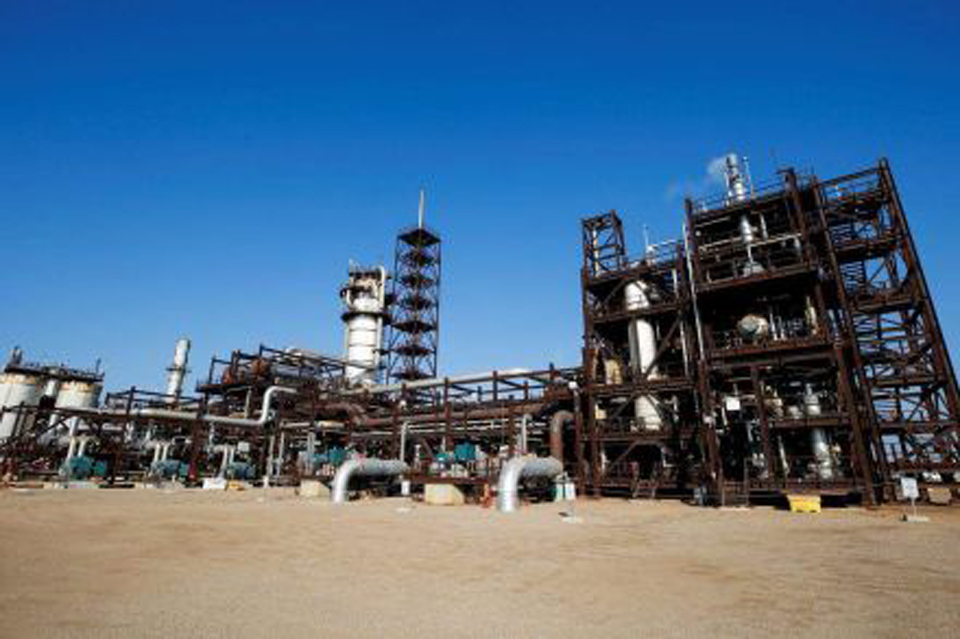
OTTAWA, April 27, 2022 (BSS/AFP) - Canada's environmental watchdog on Tuesday slammed the government for bungling a transition to a low-carbon economy, accusing it of providing no support for energy workers facing job losses and overestimating the role of hydrogen fuel.
"When it comes to supporting a just transition to a low-carbon economy, the government has been unprepared and slow off the mark," Climate Commissioner Jerry DeMarco said in a new report.
"As Canada shifts its focus to low-carbon alternatives, the government is not prepared to provide appropriate support to more than 50 communities and 170,000 workers in the fossil fuels sector," he added.
The phasing out of coal, for example, was being handled on "a business-as-usual basis," according to DeMarco.
He lamented that the government was relying on existing programs such as unemployment insurance to deliver support, underscoring that these programs are not always sufficient to meet the needs of displaced workers and affected communities.
The government was also overestimating hydrogen's potential to reduce greenhouse gas emissions, the commissioner said, charging that Ottawa's hope for the fuel is based on "unrealistic assumptions" that "compromise the credibility" of its entire climate plan.
Prime Minister Justin Trudeau's government has pledged to reduce Canada's carbon emissions by up to 45 percent below 2005 levels by 2030, and is counting on widespread use of hydrogen -- an energy source that produces no greenhouse gases when burned -- to help achieve that goal.
But various government departments have vastly different estimates of the emissions that could be reduced by a switch to hydrogen fuel, ranging from 15 megatonnes to 45 megatonnes, DeMarco said, calling for better coordinated modeling.
Hydrogen costs about Can$62 ($58) per gigajoule to produce from renewable sources such as wind and solar, versus Can$3.79 for natural gas, the commissioner's report said, adding that the relatively high price would disincentivize its production.
Most of the hydrogen produced in Canada currently is of the more polluting "grey" variety, at around three megatonnes.
Ottawa projects demand will rise to more than 20 megatonnes by 2050, but the commissioner's report noted that Canada has little infrastructure to produce and distribute hydrogen fuel to meet that increase.
Environment Minister Stephen Guilbeault acknowledged a need to improve emissions reductions estimates in the government's climate plan, saying, "We can always do better."
But he insisted that "hydrogen will play a crucial role in the economy of the future."
"That's very, very clear and Canada will be part of that."